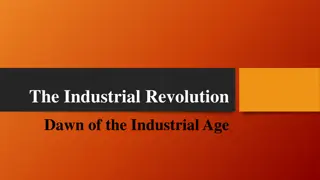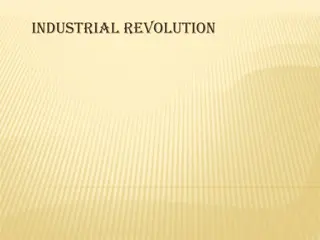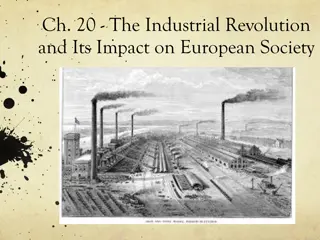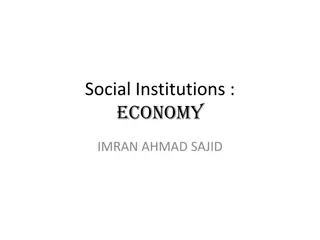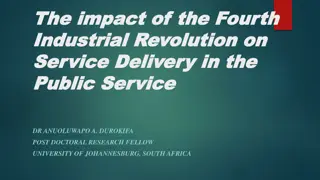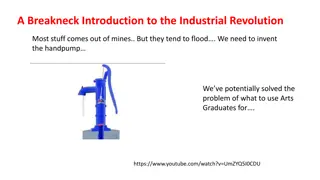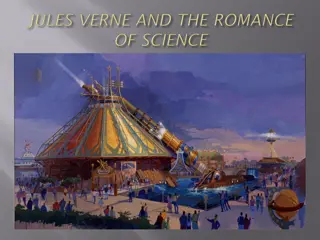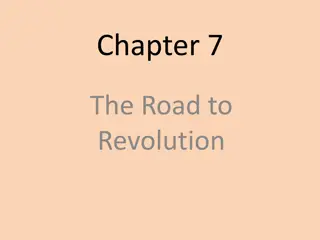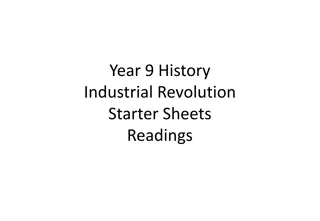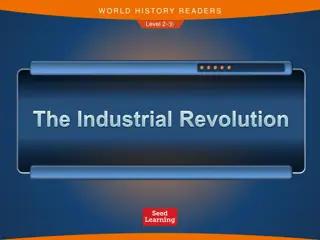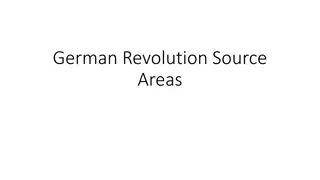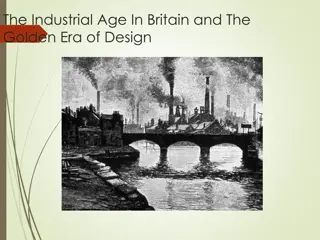Challenges and Opportunities in the 4th Industrial Revolution
The 4th Industrial Revolution brings forth questions and challenges that must be addressed collectively. With the rise of technology-driven transformations, concerns about job displacement, skill gaps, and regulatory frameworks emerge. However, it also presents opportunities for creating new sustainable jobs and economic growth. Governments and organizations need to develop relevant programs and strategies to adapt to the changing employment landscape and skill requirements. Collaboration between sectors and a focus on lifelong learning will be crucial in preparing the workforce for the future.
Download Presentation

Please find below an Image/Link to download the presentation.
The content on the website is provided AS IS for your information and personal use only. It may not be sold, licensed, or shared on other websites without obtaining consent from the author. Download presentation by click this link. If you encounter any issues during the download, it is possible that the publisher has removed the file from their server.
E N D
Presentation Transcript
Technology-driven transformation is giving rise to various questions and challenges that neither the public nor the private sector can confront in isolation like: How will technology-driven automation eliminate jobs and economic growth, or will the labour force evolve and ultimately catch up with technological change? What should be done to bridge the growing skill gap in the global workforce? How will we collaborate to create regulatory frameworks to speed up the growth and adoption of this new technologies?
4th Industrial Revolution/Future of Work its negative impacts and opportunities of creating new and sustainable jobs The fourth industrial revolution has both negative and positive impacts on the economy and it has the potential to destroy jobs. As automation substitutes for labour across the entire economy, the net displacement of workers by machines might exacerbate the economic crisis already faced by our country.
The government needs to put relevant programs in place to develop the necessary skills to meet the demands of the fourth industrial revolution. The potential challenges which will be imposed by the fourth industrial revolution require a response that will be coordinated at the right level. The impact of technological, demographic and socio- economic disruptions on business models will be felt in transformations to the employment landscape and skills requirements, resulting in substantial challenges for recruiting, training and managing talent.
Future Workforce Strategy During previous industrial revolutions, it often took decades to build the training systems and labour market institutions needed to develop major new skill sets on a large scale. Rethinking education systems Incentivizing lifelong learning Cross-industry and public-private collaboration:
Labour calls upon the Human Resources Development Council to convene a conference to develop a country response to the threats and opportunities posed by the fourth industrial revolution. Thank you



